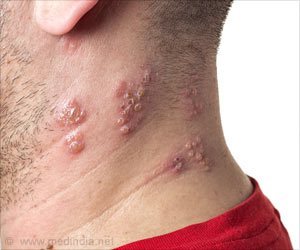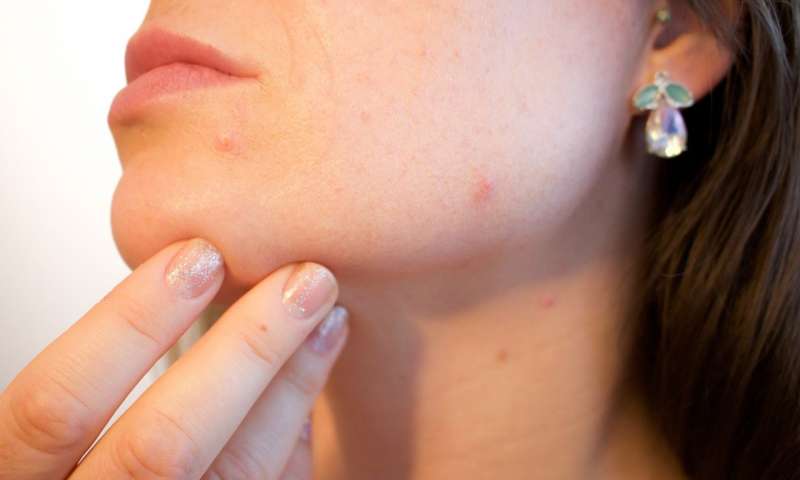Dermcidin, an anti-microbial peptide normally found in human sweat, may play a role in the pathogenesis of this chronic skin disease hidradenitis suppurativa (HS), according to a research team from the George Washington University (GW). Their findings were recently published in Clinical and Experimental Dermatology. HS is a chronic, recurrent inflammatory disease of the apocrine sweat glands, which impacts 1%-4% of people and is most prevalent in young adults. There are several treatments to help alleviate symptoms, however there is no known cure for the disease. “Until now, the molecular drivers…
Read MoreCategory: Skincare
FRECKLES VS. DARK SPOTS: HOW TO SPOT THE DIFFERENCE
Some of us are born with freckles, while others develop them later on in life — but do you know what causes them to emerge? Sure, they tend to surface after long days in the sun — especially in the summer — but why do they only find a home on some complexions and not others? Similar to freckles, pigmented spots can appear on the surface of your skin after too much sun exposure, but they’re not the same thing. So, what makes a freckle different than a dark spot or sun spot?…
Read MoreDoctors turning to antibiotic alternatives to treat acne
Physicians are scaling back on prescribing antibiotics for long-term acne treatment in favor of a combinations of therapies, according to Rutgers researchers. The findings, published as Part I and Part II in the journal Dermatologic Clinics, surveyed studies on acute and long-term acne treatments over the past decade to identify trends. “People are more conscious about the global health concern posed by the overuse of antibiotics and that acne is an inflammatory, not infectious, condition,” said Hilary Baldwin, clinical associate professor of dermatology at Rutgers Robert Wood Johnson Medical School. “Overuse…
Read MoreGinkgo seed extracts show antibacterial activity on skin pathogens
Extracts from the seeds of the Ginkgo biloba tree show antibacterial activity on pathogens that can cause skin infections such as acne, psoriasis, dermatitis and eczema, a study at Emory University finds. Frontiers in Microbiology is publishing the results of laboratory experiments showing that the extracts inhibit the growth of Cutibacterium acnes, Staphylococcus aureus and Streptococcus pyogenes. A nearly 200-year-old copy of a 16th-century text on traditional Chinese medicine, the Ben Cao Gang Mu, guided the researchers in their experiments. “It was like blowing the dust off knowledge from the past and rediscovering something that had been there…
Read MoreScratching the skin primes the gut for allergic reactions to food, mouse study suggests
Scratching the skin triggers a series of immune responses culminating in an increased number of activated mast cells — immune cells involved in allergic reactions — in the small intestine, according to research conducted in mice. This newly identified skin-gut communication helps illuminate the relationship between food allergy and atopic dermatitis (a type of eczema), a disease characterized by dry, itchy skin. The study was supported by the National Institute of Allergy and Infectious Diseases (NIAID), part of the National Institutes of Health, and led by researchers at Boston Children’s…
Read More




